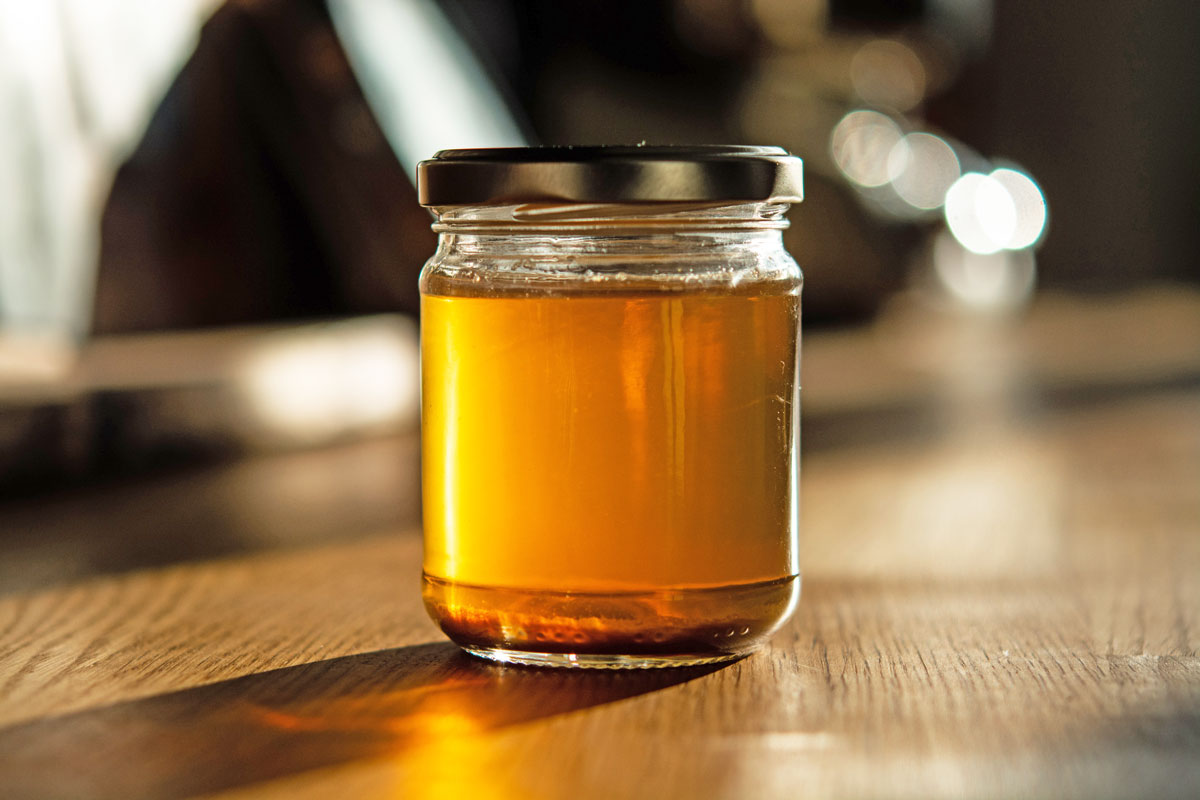| THANKS FOR VISITING |  |
|
|
|
We're on a mission to make your home a better place to live. House Outlook's daily newsletter is filled with expert advice to help you organize, clean, and improve the place you call home. But this is no home renovation brand. House Outlook provides simple solutions and easy-to-implement ideas anyone and everyone can follow.
Check out one of our favorite articles to get a taste of the brand and to confirm your email.
We hope you love House Outlook and your new, more enjoyable home! |
| While most washing machines offer a quick wash option, dryers typically lack this time-saving feature. It can take anywhere from 40 minutes to an hour and a half to dry a standard-size load of laundry, but when you're in a hurry or looking to save money on your energy bill, you need another solution. |
| Decluttering your house can feel like trying to scale Mount Everest, especially if things have been piling up over the course of several years. But no matter how unconquerable the task may seem, all it takes is a few days to transform your home and make it neater than ever before. |
| When it comes to home decor, few things bring a smile to our faces quite like a beautiful bouquet of fresh flowers. Inevitably, though, those lovely blooms start to wilt. |
|
| Was this email forwarded to you? |
|
| No longer interested in receiving our content? |
|
|
|
|





















